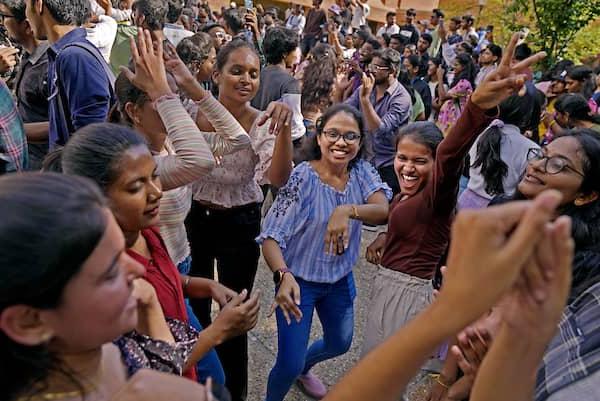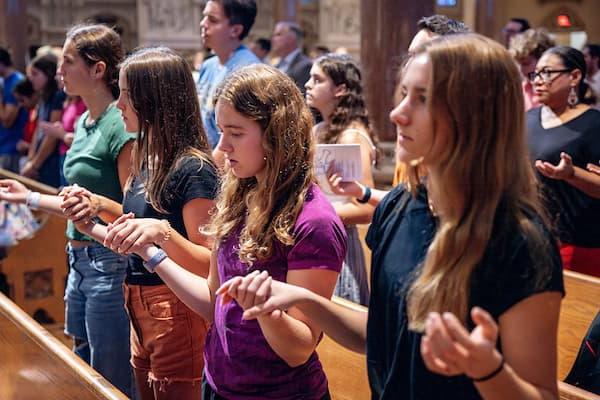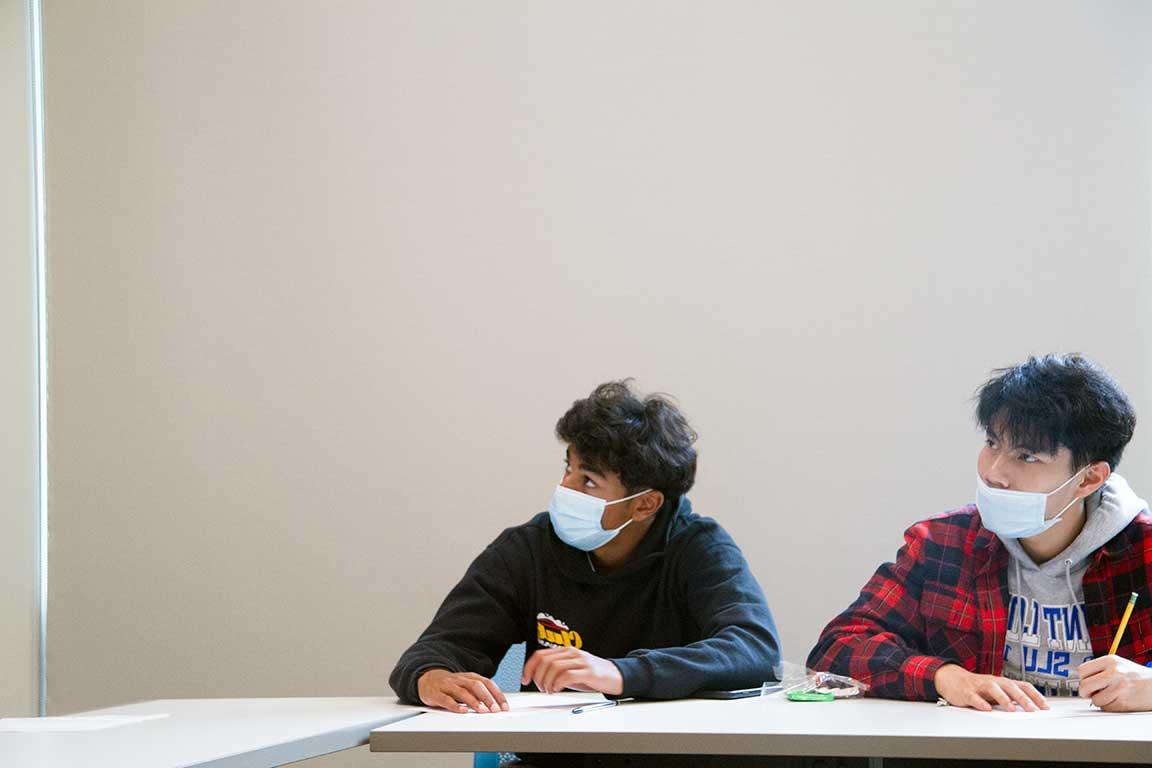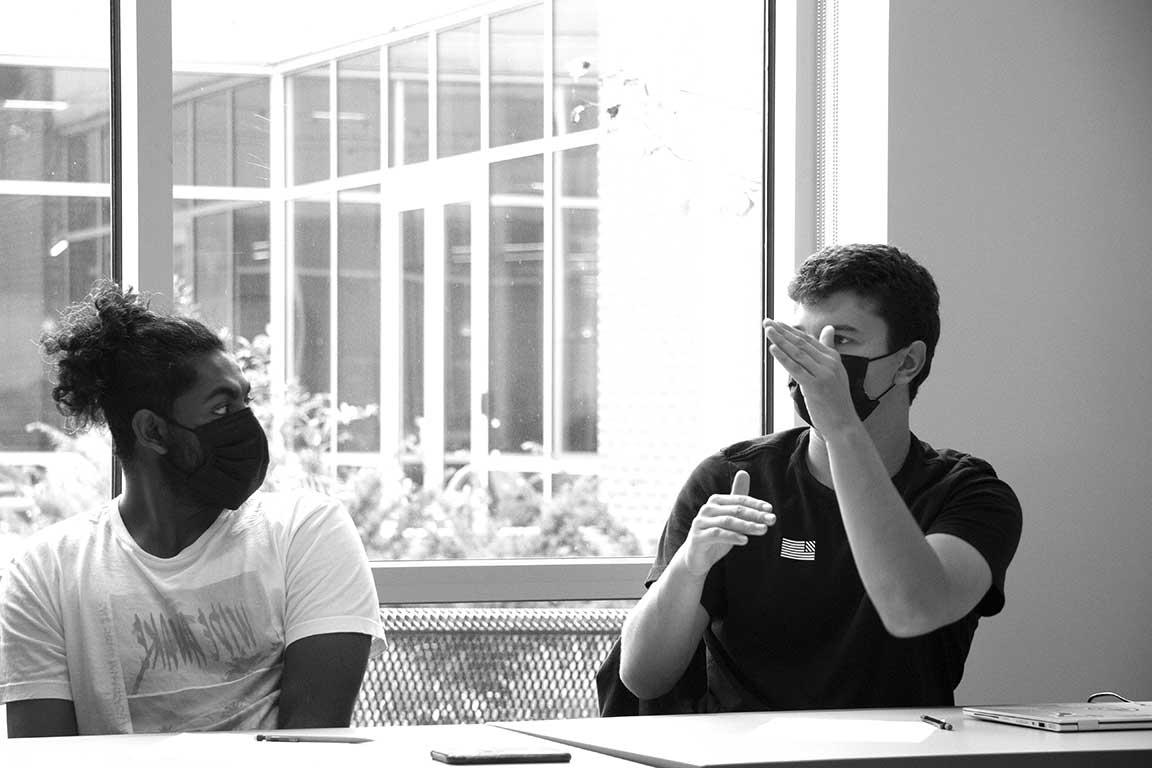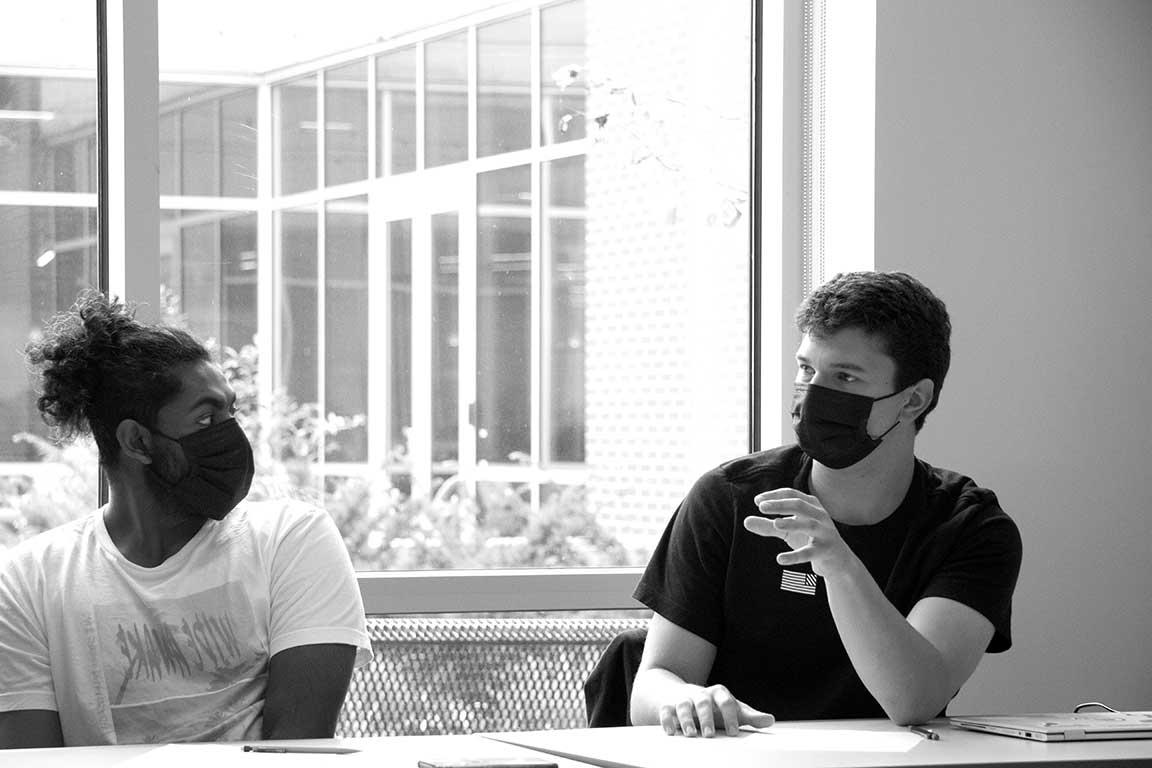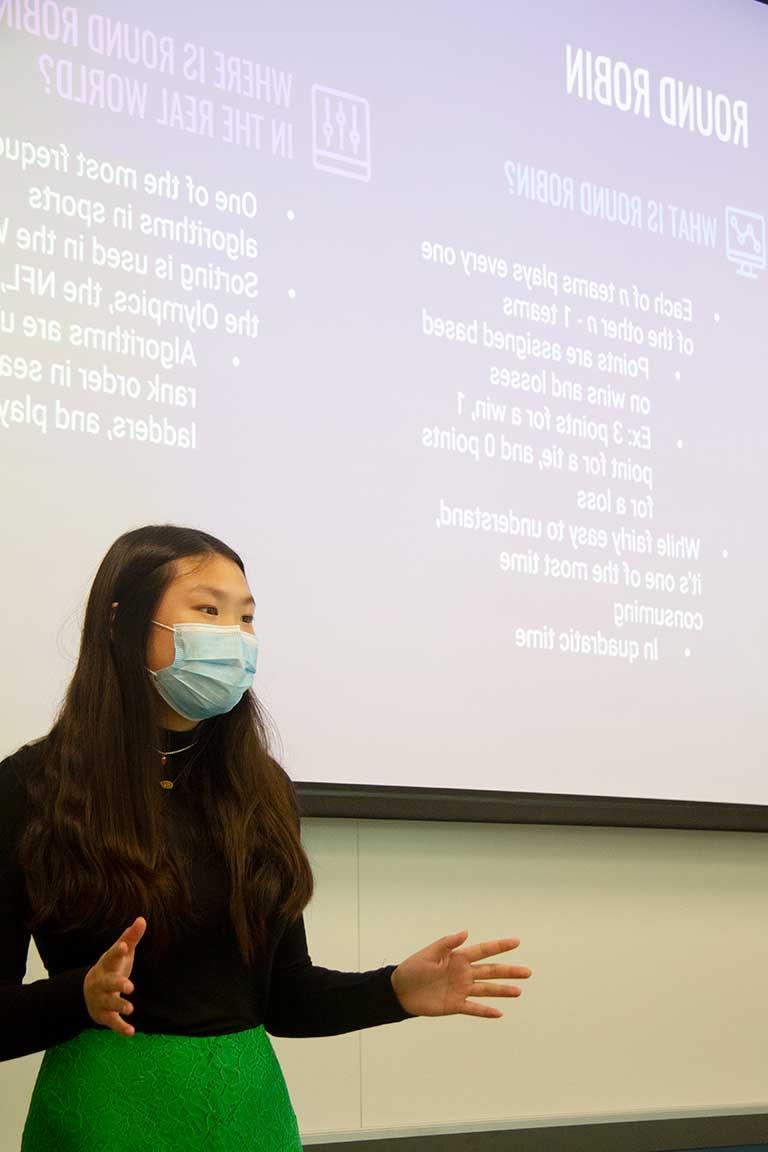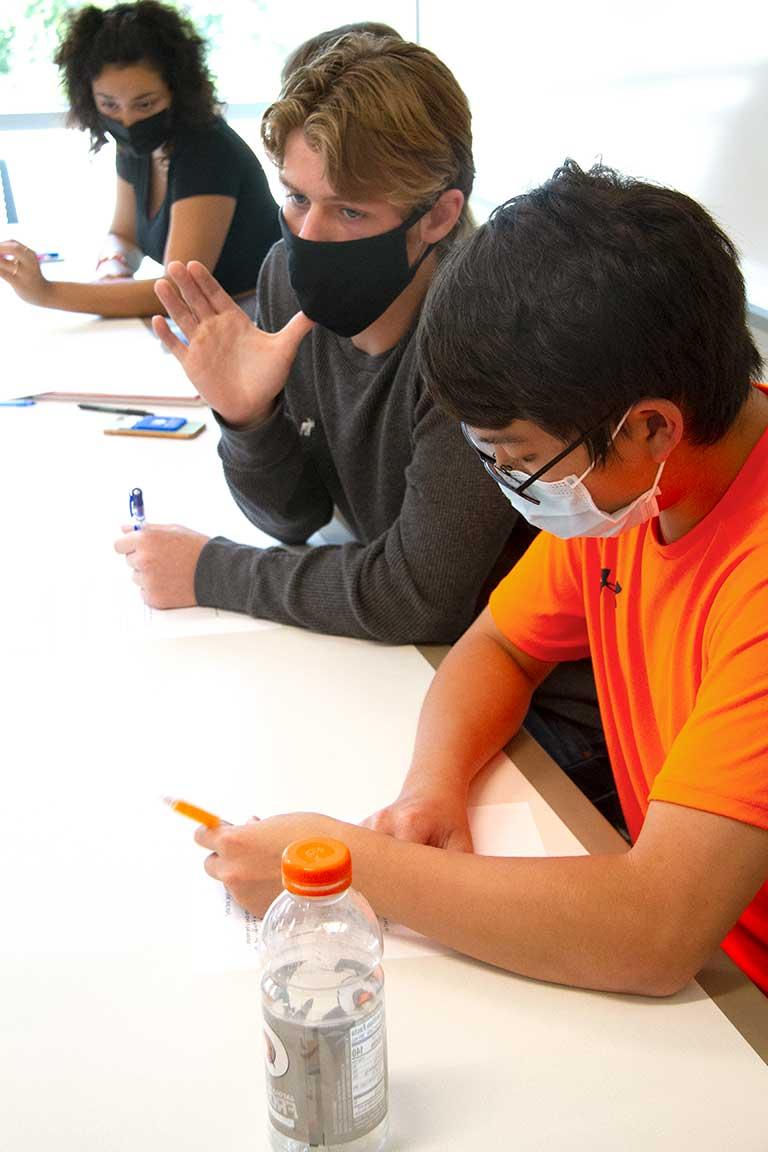Algorithms to Live By
Dr. Justin Goodson, Associate Professor of Management, Chaifetz School of Business
Course Description
About Algorithms to Live By
This course makes math personal. What should we do (or not) in a day or a lifetime?
What amount of new and familiar is most fulfilling? How much mess is ok?
This isn't a class for math majors; it's a course for everyone on thinking algorithmically,
on learning about the fundamental structures of the problems we face, and ultimately
on discovering something about ourselves.
Professor’s Perspective
I've always felt more comfortable with numbers and equations than with words and sentences. That’s why I've spent my life studying them. Eventually, I realized that mathematics has just as much to say about living as philosophy or literature. But you can’t find this in textbooks or college coursework. 博彩网址大全 students dive into novels to see the world from a different perspective. They mine essays and poetry for insight. In contrast, the quantitative lens in their toolbox is nearsighted. We give them end-of-chapter problems and a few basic applications, but we leave the connection to their personal lives so distant that it’s completely out of focus. I wanted to change that. Algorithms to Live By is my effort to help students take a quantitative view on everyday problems as well as lifelong challenges, all in a way that’s accessible to each student."
Justin Goodson, Ph.D.
Student’s Perspective
When I was choosing an Ignite Seminar, I honestly didn’t think about it too much. All of the topics sounded really cool. I landed in Dr. Goodson’s Algorithms to Live By, and at first the topic didn’t sound that exciting. But when I got to class, Dr. Goodson made the topic engaging and relevant to us. This class was personally oriented. It was about how to use real-life applications of different strategies for being efficient and productive to become a better version of yourself. I was always bringing Algorithms to Live By up to my friends outside of class. And even though they didn’t understand the concept (some would say, 'That doesn’t even sound like a class…') I would tell them about what I learned, and they would want to listen because they also started finding the information so engaging.
Because this was a small class with an energetic teacher, it was our own little community. We felt comfortable in that room. Dr. Goodson didn’t set up the class as a teacher / student hierarchy. It was more of a collective — like we’re all learning and doing this together. Because of this, I felt much more confident going into my second semester classes. I was able to talk with my teachers if I was struggling to learn a concept. My Ignite Seminar helped me realize that teachers are all just trying to help us learn.
When I came into 博彩网址大全, I was business undecided. This class made me realize how interesting data analytics are and how I could use that interest for my career. My advice for future 博彩网址大全 students: If you’re not exactly sure what you want to do in your life, just choose a seminar that sounds interesting and a skill you would like to gain. Then, be open minded and jump right in. At least for me, that ended up working out great – I found my major."
Business Technology Management, Class of 2025




